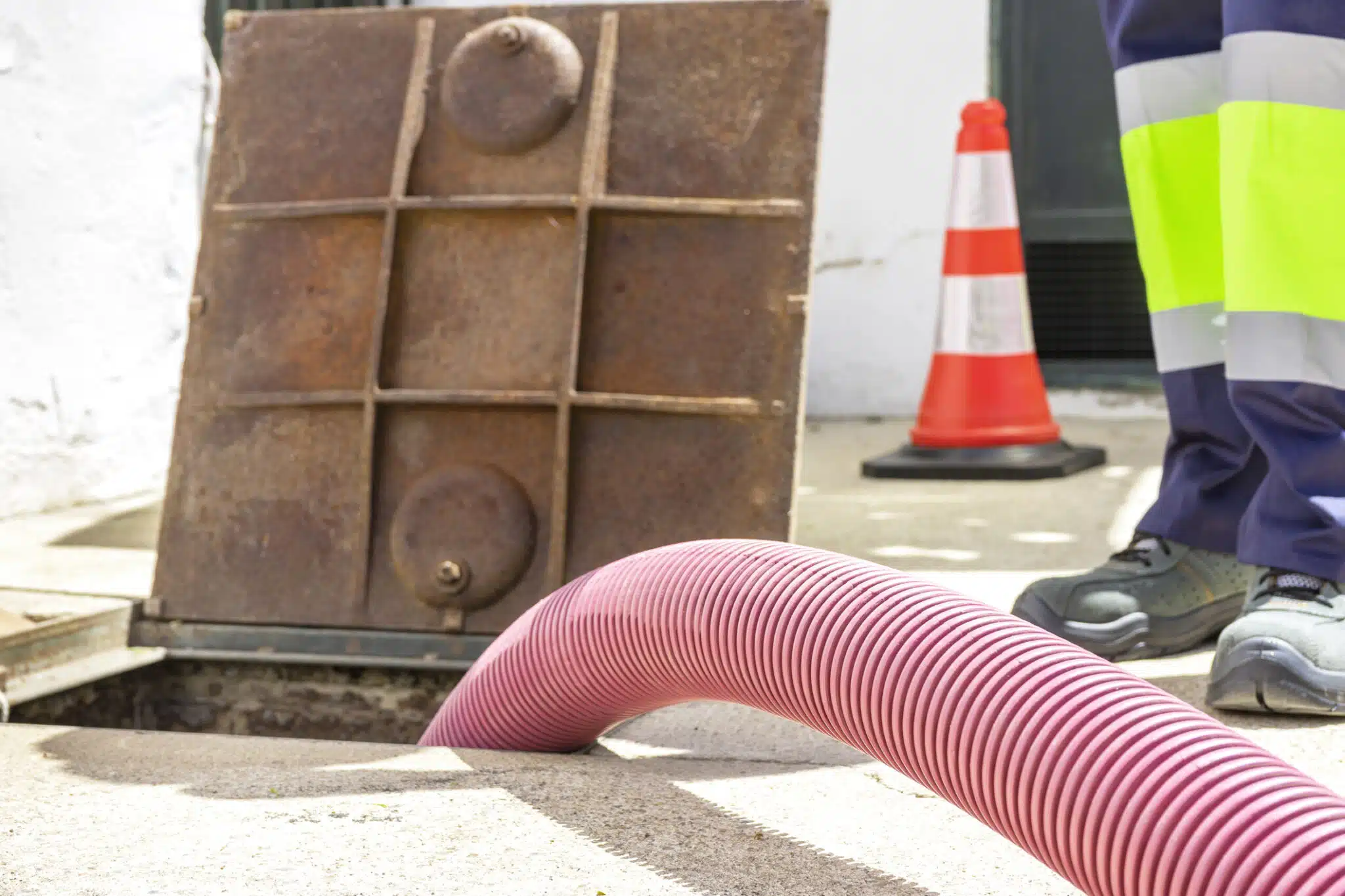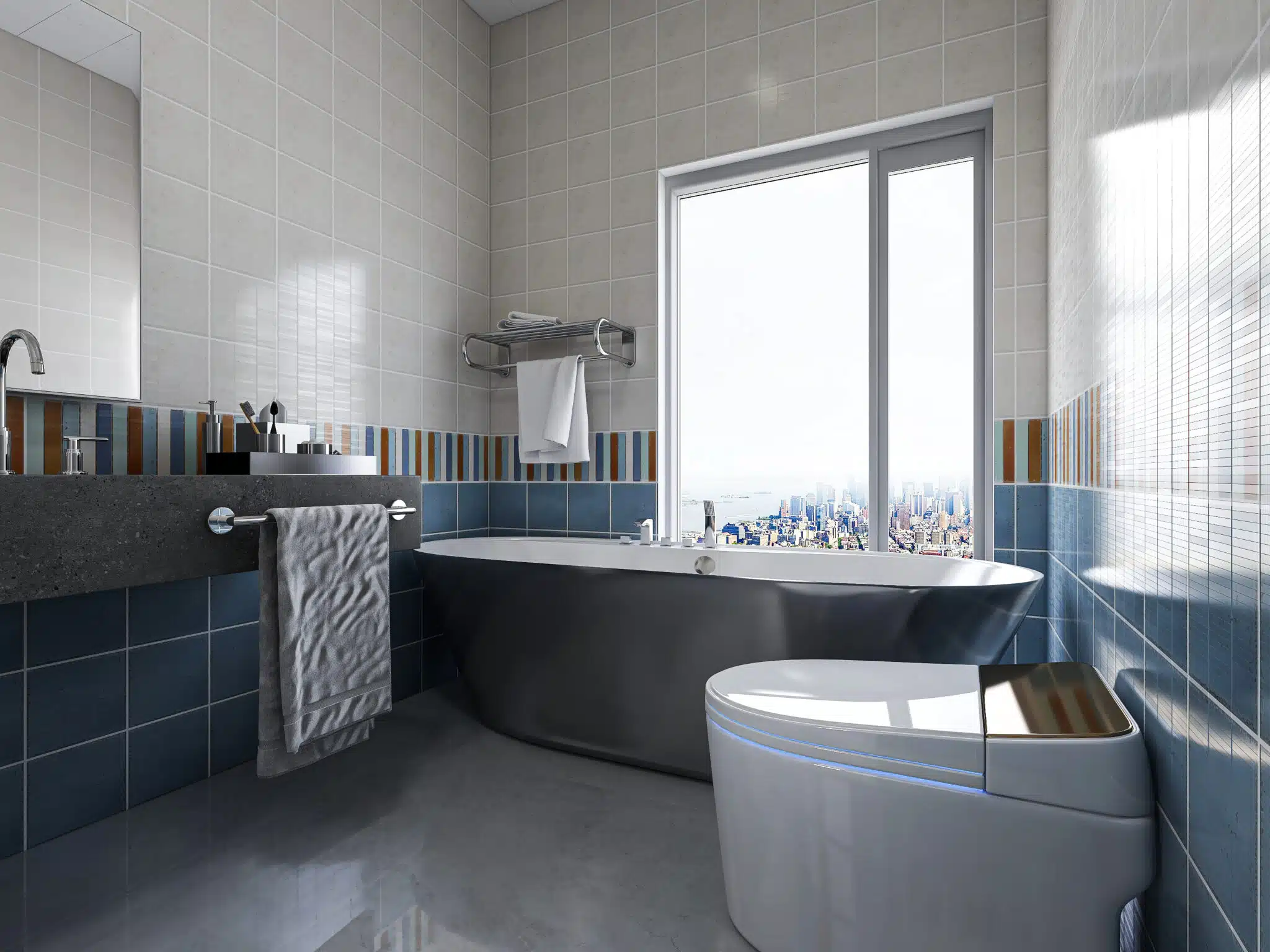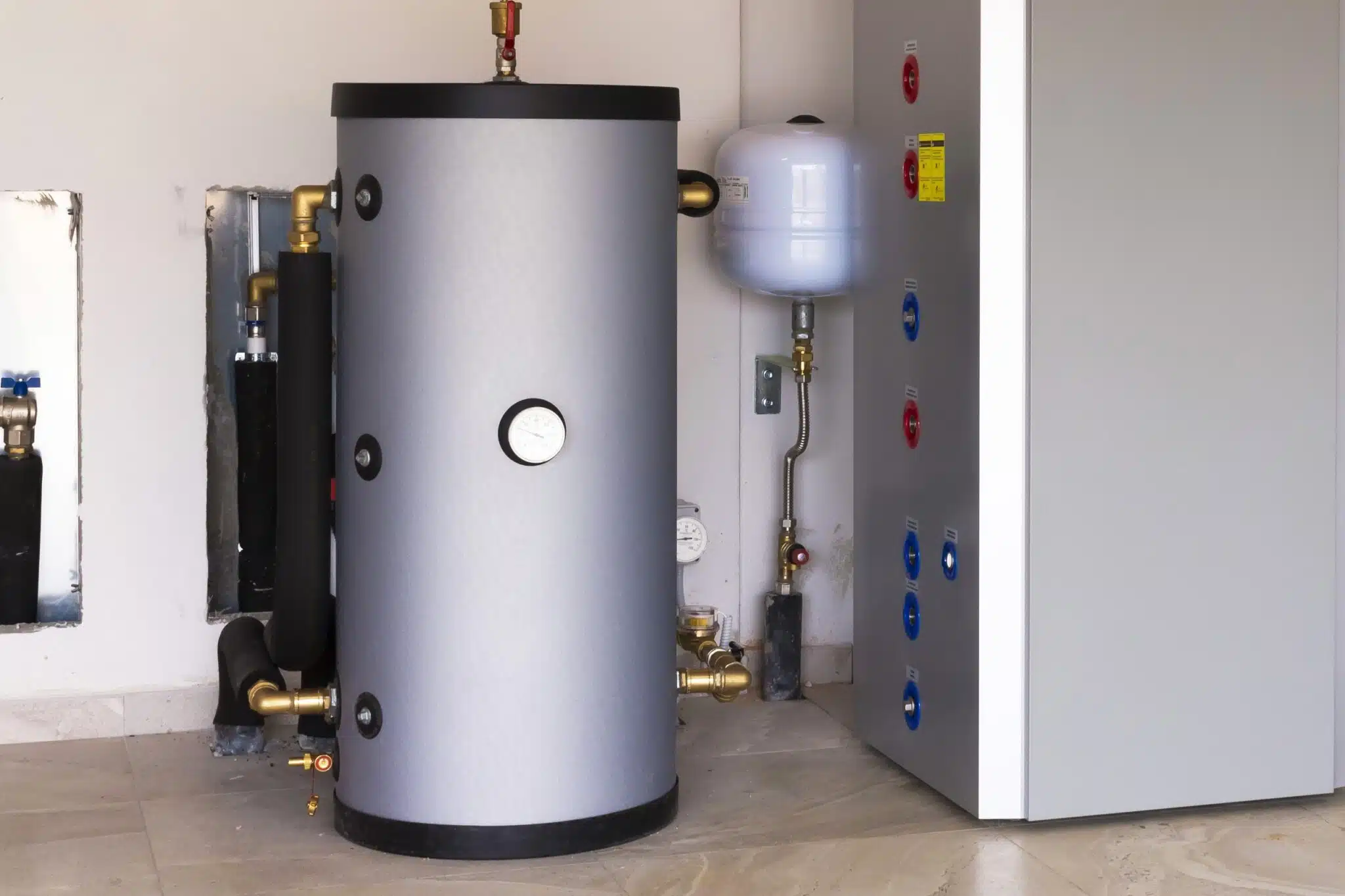Heat Pump Water Heaters revolutionize home efficiency as energy costs rise. Homeowners in Rochester Hills and Auburn Hills, MI, switch to these systems for lower utility bills and eco-friendly performance. Extracting heat from surrounding air reduces electricity use significantly compared to traditional models. With government incentives and advanced technology, now is the best time to upgrade. In 2025, Heat Pump Water Heaters dominate sustainable water heating.
Rising Energy Costs Are Driving the Shift
Energy consumption is increasing, making efficiency a top priority for homeowners. Heat pump water heaters use up to 70% less energy than conventional models, reducing overall energy demand. Their innovative design transfers heat from the surrounding air instead of generating it, making them significantly more efficient.
In Michigan’s unpredictable climate, reliability is essential. Traditional water heaters rely on gas or electricity, which can be inefficient, especially in winter. Heat pump water heaters extract warmth from the air, maintaining consistent performance without excessive energy use. Homeowners in Rochester Hills and Auburn Hills appreciate their ability to provide steady hot water while reducing environmental impact.
Government incentives in 2025 make upgrading easier, encouraging homeowners to replace outdated systems. Many are switching to heat pump water heaters for their efficiency, sustainability, and long-term benefits. As more households embrace this technology, it is becoming the preferred solution for modern water heating.
Unmatched Energy Efficiency in Michigan Homes
Michigan’s cold winters and humid summers create fluctuating energy demands. Standard water heaters work harder in extreme temperatures, but heat pump water heaters maintain efficiency year-round. This technology transfers heat rather than generating it, using a fraction of the energy of conventional models.
For residents in Rochester Hills and Auburn Hills, this means lower energy consumption without sacrificing hot water availability. Homeowners can enjoy consistent water temperatures while reducing their environmental footprint. Additionally, modern heat pump models are designed to operate efficiently even in basements, garages, or utility rooms, making them versatile for different home layouts.
As energy regulations tighten and efficiency standards rise, switching to a heat pump system ensures compliance while cutting monthly utility expenses. Investing in this technology now means preparing for a more sustainable future.
Environmental Impact and Carbon Footprint Reduction
As climate concerns grow, homeowners are looking for ways to reduce their environmental impact. Traditional water heaters rely on fossil fuels or excessive electricity, increasing greenhouse gas emissions. Heat pump water heaters use renewable energy, significantly lowering carbon output while providing reliable hot water.
Switching to this technology benefits Rochester Hills and Auburn Hills residents by:
- Cutting carbon emissions by up to three tons per year.
- Reducing overall energy consumption without sacrificing performance.
- Eliminating pollution equal to removing one car from the road for several months.
- Supporting Michigan’s transition to cleaner, more sustainable energy solutions.
Michigan is implementing stricter environmental policies, making energy-efficient appliances essential for the future. Homes using heat pump water heaters align with evolving sustainability standards while maintaining comfort and reliability. Upgrading now helps homeowners comply with future regulations while protecting the environment.
By choosing heat pump water heaters, homeowners take an active role in reducing their carbon footprint. This small change contributes to cleaner air, lower emissions, and a more sustainable future for generations to come. As more households embrace this technology, communities become greener, healthier, and more energy efficient.

Technological Advancements in 2025
The latest heat pump water heaters in 2025 are smarter, quieter, and more efficient than ever. Advanced features improve performance, convenience, and energy savings, making them a top choice for homeowners.
Key innovations include:
- Wi-Fi connectivity for remote monitoring, energy tracking, and maintenance alerts through smartphone apps.
- Enhanced insulation and compressor technology for better efficiency in extreme temperatures.
- Hybrid modes that switch between heat pump and electric heating for consistent hot water year-round.
- Quieter operation, reducing noise while maintaining powerful performance.
For Michigan homeowners, these advancements mean a reliable hot water supply, even during colder months. With smarter controls and improved efficiency, heat pump water heaters continue to grow in popularity, shaping the future of home water heating.
Increased Lifespan and Lower Maintenance Costs
Unlike traditional models that fail within 8 to 12 years, heat pump water heaters last significantly longer. With proper care, they operate efficiently for 15 to 20 years, providing homeowners with long-term reliability. This extended lifespan makes heat pump water heaters a smart investment, reducing frequent replacements and minimizing maintenance concerns.
Operating at lower temperatures reduces wear on essential components. Fewer mechanical parts mean fewer breakdowns, resulting in lower repair needs. Heat pump water heaters ensure a steady hot water supply without unexpected failures. Unlike conventional systems requiring frequent servicing, these advanced units demand minimal upkeep while maintaining peak efficiency.
For homeowners in Rochester Hills and Auburn Hills, where harsh winters strain appliances, durability becomes essential. Heat pump water heaters offer consistent, energy-efficient hot water with minimal maintenance, making them ideal for long-term use. Switching to this advanced system provides lower maintenance costs, improved efficiency, and a sustainable water heating solution built to last.
Heat Pump Water Heaters Adapt to Any Home
Modern heat pump water heaters offer a flexible and efficient solution for homes of all sizes. These systems integrate seamlessly into new construction and older homes, providing reliable hot water without extensive modifications.
Designed for versatility, heat pump water heaters function well in basements, garages, utility rooms, and closets. Various sizes accommodate different household needs, from compact models for smaller homes to larger units for high-demand households. Advanced insulation and hybrid technology ensure consistent performance across a wide range of indoor temperatures.
Michigan’s changing climate does not affect efficiency, making these systems a practical choice for homeowners. Their quiet operation and energy-saving capabilities enhance comfort while reducing environmental impact. Residents in Rochester Hills and Auburn Hills benefit from lower energy consumption, long-term savings, and eco-friendly performance.
Upgrading to a heat pump water heater provides a sustainable, cost-effective solution, ensuring a steady supply of hot water while lowering overall energy use. With increasing demand for energy-efficient alternatives, these systems continue to gain popularity.
Hybrid Technology Offers Maximum Flexibility
A key advantage of heat pump water heaters is hybrid capability, allowing homeowners to optimize performance based on efficiency needs and hot water demand. Unlike conventional systems, these advanced units adjust automatically, providing reliable hot water while minimizing energy use. Whether serving a small household or meeting high-demand needs, hybrid technology ensures consistent, energy-efficient operation year-round.
Multiple Operating Modes for Maximum Efficiency
- Energy Saver Mode prioritizes efficiency by relying mainly on the heat pump, significantly reducing electricity consumption.
- Hybrid Mode balances energy efficiency and heating speed, switching between heat pump operation and traditional electric heating when necessary.
- High-Demand Mode activates both heating methods simultaneously, ensuring a continuous hot water supply for larger households.
- Vacation Mode reduces energy use during extended inactivity, helping homeowners cut costs while away.
Reliable Hot Water in Any Climate
Homeowners in Rochester Hills and Auburn Hills experience extreme seasonal temperature changes, making adaptability essential. Heat pump water heaters adjust to outdoor conditions, ensuring optimal performance in warm and cold months. Advanced insulation and smart controls maintain steady hot water output while preventing unnecessary energy waste.
A Smart Investment for Long-Term Savings
Switching between modes provides better control over energy use, leading to lower utility bills. As demand for sustainable home solutions grows, investing in heat pump water heaters ensures long-term efficiency, cost savings, and environmental benefits.

Comparing Heat Pump Water Heaters to Traditional Models
Selecting the right water heater impacts energy efficiency, operating costs, and environmental footprint. Homeowners in Rochester Hills and Auburn Hills often compare heat pump water heaters with traditional models to determine the best choice for their homes. Understanding key differences helps in making a smart, long-term investment.
-
Energy Efficiency and Cost Savings
Heat pump water heaters use up to 70% less energy by extracting heat from surrounding air instead of generating it. Traditional models rely on gas or electric resistance heating, consuming more energy. Lower energy use means reduced utility bills and significant cost savings over time.
-
Environmental Impact and Sustainability
Standard water heaters burn fossil fuels or use excessive electricity, increasing carbon emissions. In contrast, heat pump water heaters operate on renewable energy, reducing greenhouse gases and supporting environmental sustainability. Switching helps homeowners lower their carbon footprint while maintaining reliable hot water.
-
Lifespan and Maintenance
Traditional water heaters typically last 8 to 12 years, while heat pump water heaters operate efficiently for 15 to 20 years. Fewer mechanical components and lower operating temperatures reduce wear and tear, resulting in fewer breakdowns and lower maintenance costs.
-
Installation and Space Considerations
Traditional models fit into smaller spaces, making them ideal for compact homes. Heat pump water heaters require adequate airflow and ventilation but can be installed in basements, garages, or utility rooms, ensuring optimal performance.
-
Long-Term Value and Investment
While heat pump water heaters have higher upfront costs, their energy savings, rebates, and long lifespan make them a cost-effective investment. Traditional models may cost less initially but lead to higher energy expenses and frequent replacements.
For energy savings, durability, and sustainability, heat pump water heaters outperform traditional models. Their efficiency, longevity, and lower operating costs make them a superior investment for homeowners upgrading their water heating systems.
Common Myths About Heat Pump Water Heaters
Misconceptions about heat pump water heaters often prevent homeowners from upgrading to a more efficient system. Understanding the facts helps in making an informed decision about energy-efficient water heating.
-
Do Heat Pump Water Heaters Work in Cold Climates?
Yes, modern systems are designed for cold-weather performance. Advanced technology allows them to extract heat from the air, ensuring efficiency even during Michigan’s harsh winters.
-
Are They Noisy?
Newer models operate at low decibel levels, similar to a refrigerator. Installing them in basements, garages, or utility rooms minimizes any potential noise concerns.
-
Do They Take Up Too Much Space?
Compact designs make them suitable for small homes and tight spaces. Various sizes are available to fit different layouts while maximizing energy efficiency.
-
Are They Expensive to Maintain?
With fewer mechanical components, these systems require less maintenance than traditional models, reducing repair costs over their 15- to 20-year lifespan.
-
Do They Provide Enough Hot Water?
Modern units are designed to meet household demand, ensuring a steady hot water supply without running out. Hybrid modes adjust output based on usage patterns.
By addressing these myths, it is clear that heat pump water heaters offer efficient, quiet, and space-saving solutions for modern homes.
Common Signs It’s Time to Replace Your Water Heater
A failing water heater can lead to higher energy bills, inconsistent performance, and costly repairs. Recognizing warning signs early helps prevent sudden breakdowns and ensures reliable hot water. Upgrading to a heat pump water heater improves efficiency, lowers maintenance costs, and extends system lifespan.
-
Rising Energy Bills
Older systems lose efficiency, consuming more power to heat water. Heat pump water heaters use 70% less electricity, lowering utility costs while delivering consistent hot water.
-
Inconsistent Water Temperature
Fluctuating temperatures often signal a failing heating element or sediment buildup. Upgrading ensures steady performance, eliminating unexpected cold showers and hot water shortages.
-
Frequent Repairs and Leaks
Recurring leaks or service calls indicate internal wear and corrosion. Heat pump water heaters operate with fewer mechanical components, reducing maintenance needs and preventing unexpected failures.
-
Rusty or Discolored Water
Rust inside the tank affects water quality and signals deterioration. Replacing the system prevents leaks, protects plumbing, and ensures clean, safe hot water.
-
An Aging System
Traditional models last 8 to 12 years, while heat pump water heaters function efficiently for 15 to 20 years. Upgrading before failure prevents inconvenience and costly emergency replacements.
Switching to an advanced system guarantees lower maintenance costs, improved energy efficiency, and reliable hot water for years to come.
Installation Considerations for Homeowners
Installing heat pump water heaters requires careful planning to ensure efficiency and longevity. Homeowners in Rochester Hills and Auburn Hills should consider space availability, electrical requirements, and professional installation to optimize performance. Proper setup reduces energy waste and extends the system’s lifespan.
Adequate space is necessary for efficient operation. Since heat pump water heaters extract heat from surrounding air, they require a well-ventilated area. Basements, garages, and utility rooms provide ideal locations, allowing for proper airflow and easy maintenance access. Limited space can reduce efficiency and increase energy use.
Electrical compatibility is another key factor. These systems operate on a high-voltage circuit, and older homes may require electrical panel upgrades. Ensuring the right wiring and voltage prevents power fluctuations that could impact reliability.
Professional installation guarantees correct unit sizing, proper airflow, and compliance with safety regulations. Working with experts like Z PLUMBERZ ensures seamless installation, long-term efficiency, and fewer maintenance concerns. Choosing heat pump water heaters with expert guidance provides a cost-effective, energy-efficient water heating solution for any home.
The Future of Water Heating Is Here
As we move deeper into 2025, it is clear that heat pump water heaters are taking over the market. Their energy efficiency, cost savings, and environmental benefits make them the ideal choice for modern homeowners. With rapid advancements in technology and increasing financial incentives, there’s never been a better time to upgrade.
For homeowners in Rochester Hills and Auburn Hills, switching to a heat pump water heater is not just a trend—it is a smart, long-term investment that pays off in lower utility bills, reduced maintenance, and a more sustainable home.
If you are ready to make the switch, Z PLUMBERZ is here to help. Our expert team can guide you through the selection, installation, and rebate process, ensuring you get the best system for your needs. Contact us today to start saving energy and money with a heat pump water heater!
Conclusion
Upgrading to heat pump water heaters improves energy efficiency, reduces environmental impact, and ensures reliable hot water. Homeowners in Rochester Hills and Auburn Hills benefit from a sustainable, long-lasting solution for their water heating needs.
Z PLUMBERZ provides expert installation, ensuring seamless integration and maximum performance. Whether replacing an outdated system or upgrading to advanced technology, our team delivers professional service tailored to your home.
Experience consistent hot water and enhanced efficiency with heat pump water heaters. Contact Z PLUMBERZ today to schedule a consultation in Rochester Hills or Auburn Hills.
FAQS
-
Why are heat pump water heaters becoming the preferred choice in 2025?
Homeowners are choosing heat pump water heaters for energy efficiency, sustainability, and long-term reliability. Advancements in technology, increased demand for eco-friendly solutions, and government incentives make them the best option for modern homes.
-
Can heat pump water heaters handle cold climates?
Yes, modern units are designed for year-round efficiency, even in Michigan’s harsh winters. Advanced insulation and hybrid technology ensure a steady hot water supply in all temperatures.
-
How do heat pump water heaters reduce energy consumption?
Unlike traditional models, these systems extract heat from the air instead of generating it, using up to 70% less electricity, significantly lowering energy consumption.
-
Is installing a heat pump water heater complicated?
Installation requires adequate space, ventilation, and electrical setup, but professionals like Z PLUMBERZ ensure a seamless installation process, maximizing efficiency and performance.
-
How long do heat pump water heaters last?
These systems typically last 15 to 20 years, nearly double the lifespan of conventional models, reducing maintenance needs and long-term replacement costs.












